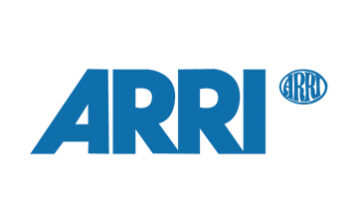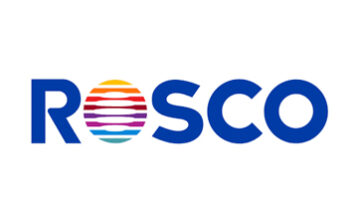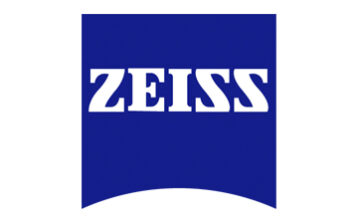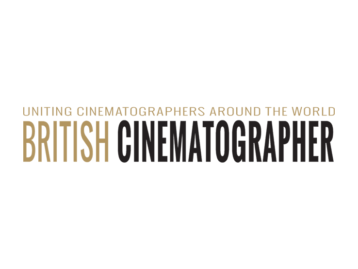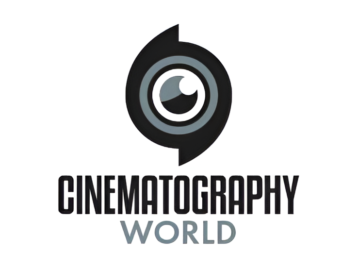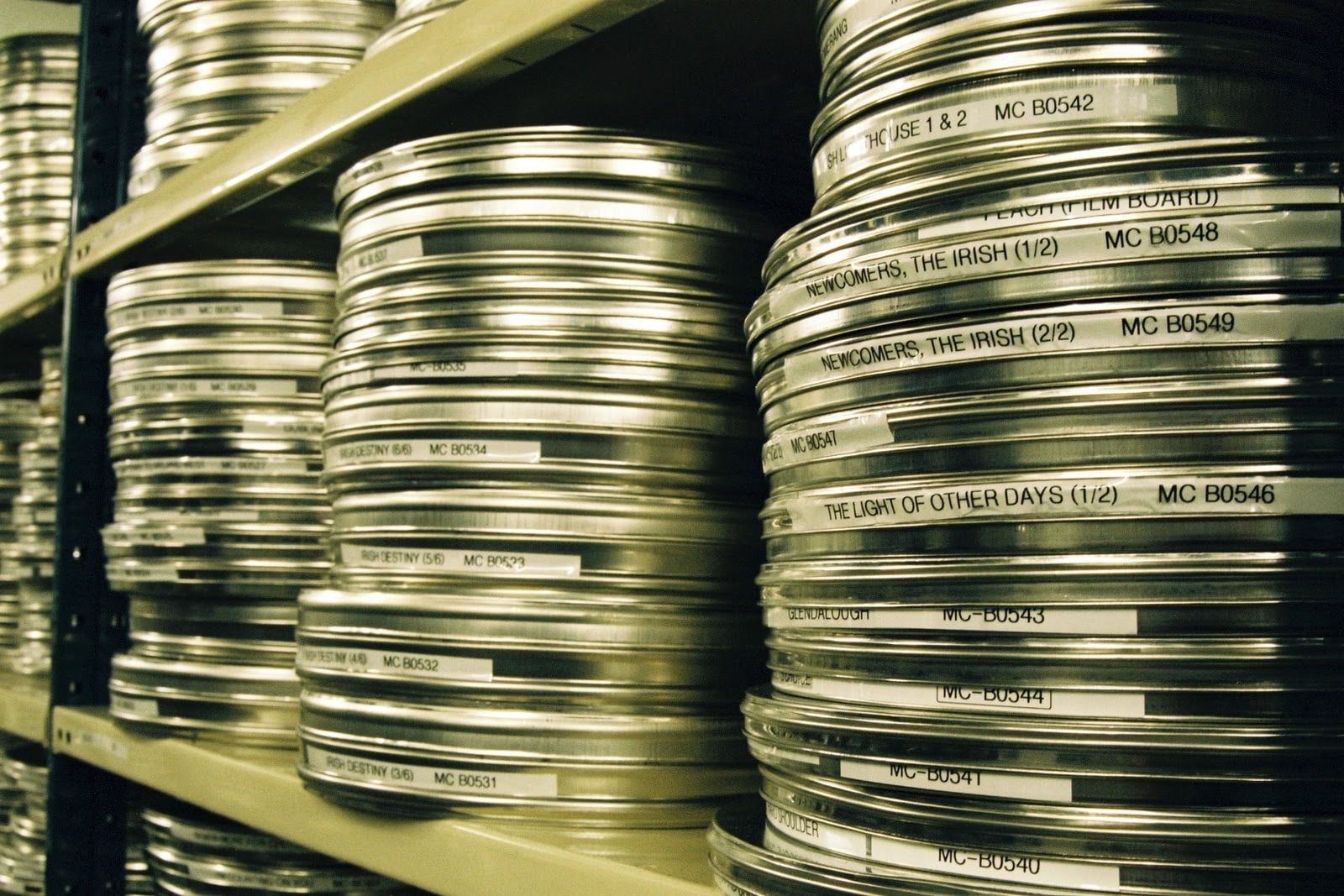
ACE, representing the community of institutions that for almost 80 years strived to save our cinematographic heritage, and IMAGO, the largest organization representing the creative efforts of generations of cinematographers across Europe, join forces to launch this appeal for the safeguarding of this unique form of expression and art.
Together, they invite all organizations, stakeholders and communities to adopt this document and join their efforts to disseminate and promote this appeal so that cinema can be saved forever.
Since 1895, cinematographic works have been unparalleled witnesses of our society, records of our common history, our cultural identities, and among the highest artistic expressions of the last 120 years. They are the result of hard work and dedication of generations of creative talents, and constitute an irreplaceable memory and a unique cultural experience for billions of spectators.
For these reasons, numerous national, European and international directives, treaties, declarations, and pieces of legislation acknowledge that film heritage must be collected, preserved and made accessible.
 Today, in a phase of dramatically profound changes in the technology and the industry of cinema, the objective to save our common film heritage for future generations to study and enjoy is more imperative than ever.
Today, in a phase of dramatically profound changes in the technology and the industry of cinema, the objective to save our common film heritage for future generations to study and enjoy is more imperative than ever.
As films can be accessed nowadays only in digital form (in the theatres, on TV, home-video or VoD,…), the European Film Heritage in its original analogue form remains unavailable to the public and the scholars, and useless to any commercial exploitation.
Largely conserved by Archives all over Europe, cinema works that require digitization are calculated in some 1M hours, representing a huge cultural and economical untapped potential.
Until today, European institutions and most Member States failed at recognizing the urgency of taking concrete and significant steps in order to make possible the long term preservation of digital born films, and the creation of digital masters for classics of the past.
This lack of action will inevitably translate in the loss of a significant number of digital born productions, and in all analog works of the past becoming useless for all cultural, educational and commercial purposes.
For these reasons, ACE and IMAGO jointly remind that saving our common Film Heritage requires practical and concrete actions that are now not only necessary but also urgent.
– All stakeholders must acknowledge that there is no advancement in film culture and film production that is not based on the knowledge of our common past, and this in turn is based on its safeguarding for generations to come.
– All transnational institutions and organizations, starting from the European Commission, Parliament and Council, and UNESCO must support this effort and make sure that saving Film Heritage is engrained in every legislative act concerning cinema.
– Consistent and coherent strategies to collect, preserve, restore and provide access to our Film Heritage must be implemented, and appropriate funding allocated, by all governments in Europe and around the world.
– Film archives all over the world have been restoring films for decades, much before it became publicly recognized.
– Saving our common Film Heritage requires that cinematographic works be preserved in ways that faithfully reproduce the original creative process, including their narrative content, and their visual and aural characteristics.
– Therefore, saving our Film Heritage requires that restoration, preservation and digitization are carried out according to the highest technical, artistic and ethical standards. These are not tasks to be underestimated or improvised, as film archiving has established itself as a discipline.
– Saving our Film Heritage implies also making sure knowledge and technology of analogue film will continue to exist because they are needed in preserving and restoring works produced in the analogue era.
All that is possible should be done in order to maintain production of film stock and analogue film technology and know-how. Over decades, film archivists all over the world have created a theory and a practice of film restoration based on a precise set of ethical rules and technical procedures. And they still do, relentlessly working within every Archive in the world.
– Like all interventions involving works of art, film restoration, preservation and digitization should be carried out by professional archivists.
– All creatives involved in the creation of a cinematographic work – filmmakers, cinematographers, sound engineers and others – are an important point of reference for any restoration project.
– Film archivists have always worked with filmmakers and with the creative personnel who were involved in the original production whenever possible.
– This practice of collaborating with the original creators needs to be encouraged, and should be part of best practices in film restoration, preservation and digitization.
– Film archiving, preservation and restoration require specific competences, skills and training. Initiatives to provide education and training (like higher education courses and masters) based on the above-mentioned principles, should be encouraged and supported.
ACE and IMAGO pledge to continue a constructive dialogue to further promote the mission of conserving and restoring the European and World film heritage.
Brussels June 20th 2016
The Association of European Cinémathèques (ACE) is an affiliation of 44 major national and regional preservation film archives from all over Europe. Its members are responsible for the largest film collections in Europe. ACE’s role is to protect the European film heritage and to assure that the audiovisual records of the past can be enjoyed and studied for generations to come. ACE´s main goals are to guarantee the survival of the European film heritage and to ensure and enhance its continuing visibility and accessibility to scholars and the public.
www.acefilm.de
IMAGO, the European Federation of Cinematographers, is the Worlds largest Federation for Cinematographers. IMAGO has more than 3.800 professional cinematographers as members, and is working to promote and safeguard the art of Cinematography. IMAGO also cooperates with the ACE (Association of European Film Archives and Cinemateques) to put focus on the urgent need to further develop the capacity to preserve our vast and important film heritage in the best quality possible, for future generations.
www.imago.org




